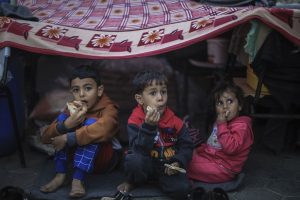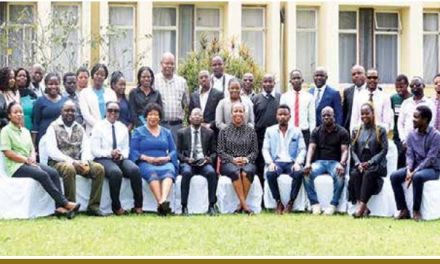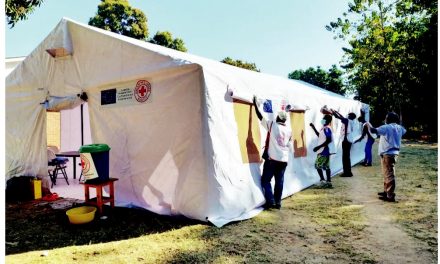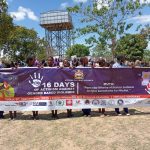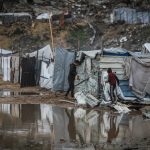
Gaza Genocide: One Year On
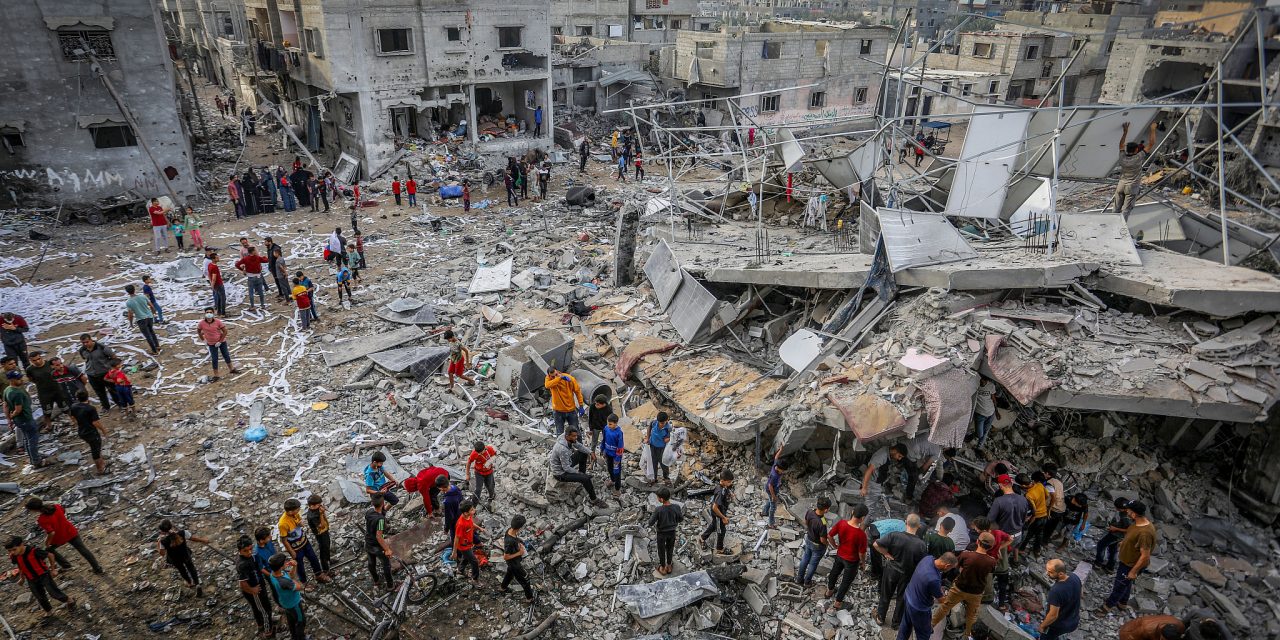
Prepared by Abdullah Bamusi Nankumba.
As we reflect on one year since the beginning of the Gaza genocide, the devastation weighs heavily on the hearts of Muslims around the world. The senseless loss of life, the destruction of homes, mosques, schools, and hospitals, and the unimaginable suffering inflicted on women and children have marked a year of anguish and resilience. For the Muslim Ummah, this past year has been one of grief, deep reflection, and unwavering solidarity with our Palestinian brothers and sisters in Gaza.
One Year of Unimaginable Pain
In October 2023, Israeli forces unleashed an unrelenting assault on Gaza, and what followed has been nothing short of genocide. Airstrikes, ground invasions, and the suffocating blockade have claimed the lives of over 16,000 Palestinians, according to Al Jazeera reports. A staggering number of these casualties are women and children—innocent souls caught in the crossfire of a conflict that they did not create.
The scale of the destruction has been overwhelming. Entire neighbourhoods have been wiped out, families torn apart, and critical infrastructure, including hospitals, schools, and mosques, reduced to rubble. Gaza, once a vibrant and hopeful community, now lies in ruins.
The Destruction of Health Facilities and the Rise of New Diseases
One of the most harrowing consequences of the ongoing war in Gaza has been the destruction of healthcare facilities. More than 500 hospitals and clinics have been bombed or severely damaged, leaving the people of Gaza with little to no access to essential medical services. These facilities, once the lifeline for those injured and ill, now stand in ruins. Pregnant women, children, and the elderly, who are the most vulnerable, are left without the care they desperately need.
The lack of proper medical services has given rise to new health crises in Gaza. The war has triggered outbreaks of diseases that could have easily been prevented under normal circumstances. Contaminated water, lack of sanitation, and the overcrowding of shelters have contributed to the spread of infectious diseases such as cholera, respiratory infections, and skin diseases. Children, already traumatized by the violence, now face the added danger of disease, with many dying due to a lack of treatment and medicine.
The constant bombardment has made it nearly impossible for humanitarian aid to reach those in need. Medicine, food, clean water, and essential supplies are in short supply. For women, particularly those who are pregnant or have babies, the situation is even more dire. The absence of maternal healthcare has led to an alarming increase in maternal and infant mortality rates, with women often forced to give birth in unsafe and unhygienic conditions.
Destroyed Mosques and Schools: A Blow to Faith and Education
In addition to the destruction of healthcare facilities, the war has also devastated Gaza’s places of worship and education. Over 150 mosques have been damaged or destroyed in airstrikes, cutting off many from their spiritual sanctuary. For the Muslim Ummah, the mosque is not just a place of worship; it is the heart of the community. It is where we find solace, where we pray for strength, and where we come together in times of need. The destruction of these sacred spaces has left many Palestinians without their spiritual refuge, compounding the emotional and psychological trauma of the war.
Schools, too, have been targeted. Over 200 schools have been either destroyed or severely damaged, leaving tens of thousands of children without access to education. For the children of Gaza, their right to learn and dream of a better future has been stolen from them. The war has not only shattered their present but also robbed them of hope for the future.
Without schools, children are left to wander through the rubble, many becoming increasingly vulnerable to recruitment by militant groups or falling victim to psychological trauma. These young souls, who should be filled with hope and excitement for the future, have instead been forced to grow up in a war zone, witnessing horrors no child should ever have to see.
The Lost Generation of Gaza’s Women and Children
The ongoing war in Gaza has created a lost generation—children who will grow up knowing nothing but war, trauma, and destruction. For the women of Gaza, the suffering has been immense. They have lost husbands, children, and homes. Yet, they continue to bear the weight of keeping their families together amid the chaos.
Women are not only the caregivers of the injured and the sick but also the bearers of unimaginable grief. The trauma of losing their children, the inability to access medical care, and the destruction of their homes have left many broken. Despite this, they stand strong, embodying the unshakable spirit of the Palestinian people.
But the toll on their mental and physical health cannot be overstated. Many women are now suffering from psychological conditions like PTSD, depression, and anxiety, with very few resources available to help them cope. The destruction of healthcare and support systems has made it nearly impossible for these women to receive the care they desperately need.
Hoping for Change: A Call to the Muslim World
As this genocide continues, the global Muslim community has watched in frustration and horror, calling out for justice while much of the world remains indifferent. The destruction of mosques, schools, hospitals, and homes, and the rise of preventable diseases in Gaza, are all symptoms of an international system that has failed the Palestinian people. But despite the ongoing devastation, Muslims across the world continue to hold onto hope that the situation will change.
There is a growing call for the Muslim Ummah to unite and take a firm stand against the continued aggression in Gaza. Many believe that if Muslim nations come together, providing both political and humanitarian support, they can help end this genocide. The strength of the Ummah lies in its unity, and we pray that this strength will soon be harnessed to bring justice and peace to the people of Gaza.
One Year Later: A Future of Hope and Justice
As we reflect on the past year, we feel the heavy burden of loss, but we are not without hope. Faith teaches us that oppression will not last forever, and as believers, we are optimistic that the future of Gaza will be brighter. The suffering cannot continue indefinitely, and with the unity of the Muslim world, justice will eventually be served.
The future of Gaza lies in the hands of the international Muslim community. We must continue to raise our voices, provide support, and demand justice. The destruction of Gaza’s infrastructure, healthcare, education, and religious institutions cannot go unchallenged. But more than anything, we must remember the lives lost—the women, the children, the families—and honour their memory by standing firm in our commitment to a free and just Palestine.
Conclusion: The Fight for Justice Continues
One year on, the pain of the Gaza genocide reverberates throughout the Muslim world. The loss of lives, the destruction of health facilities, schools, mosques, and homes, and the rise of diseases have left a devastated population in their wake. But as Muslims, we remain steadfast in our belief that justice will prevail.
We pray that Gaza’s children will one day return to their classrooms, that families will rebuild their homes, and that the mosques will once again be filled with worshippers. Until that day comes, we will continue to fight for the rights of the Palestinian people, and we will continue to demand an end to this senseless violence.
In-sha’a Allah, the day will come when Gaza is free, and Palestine is no longer occupied. Until then, we stand united, remembering the lives lost, and hoping for a future of peace and justice.
